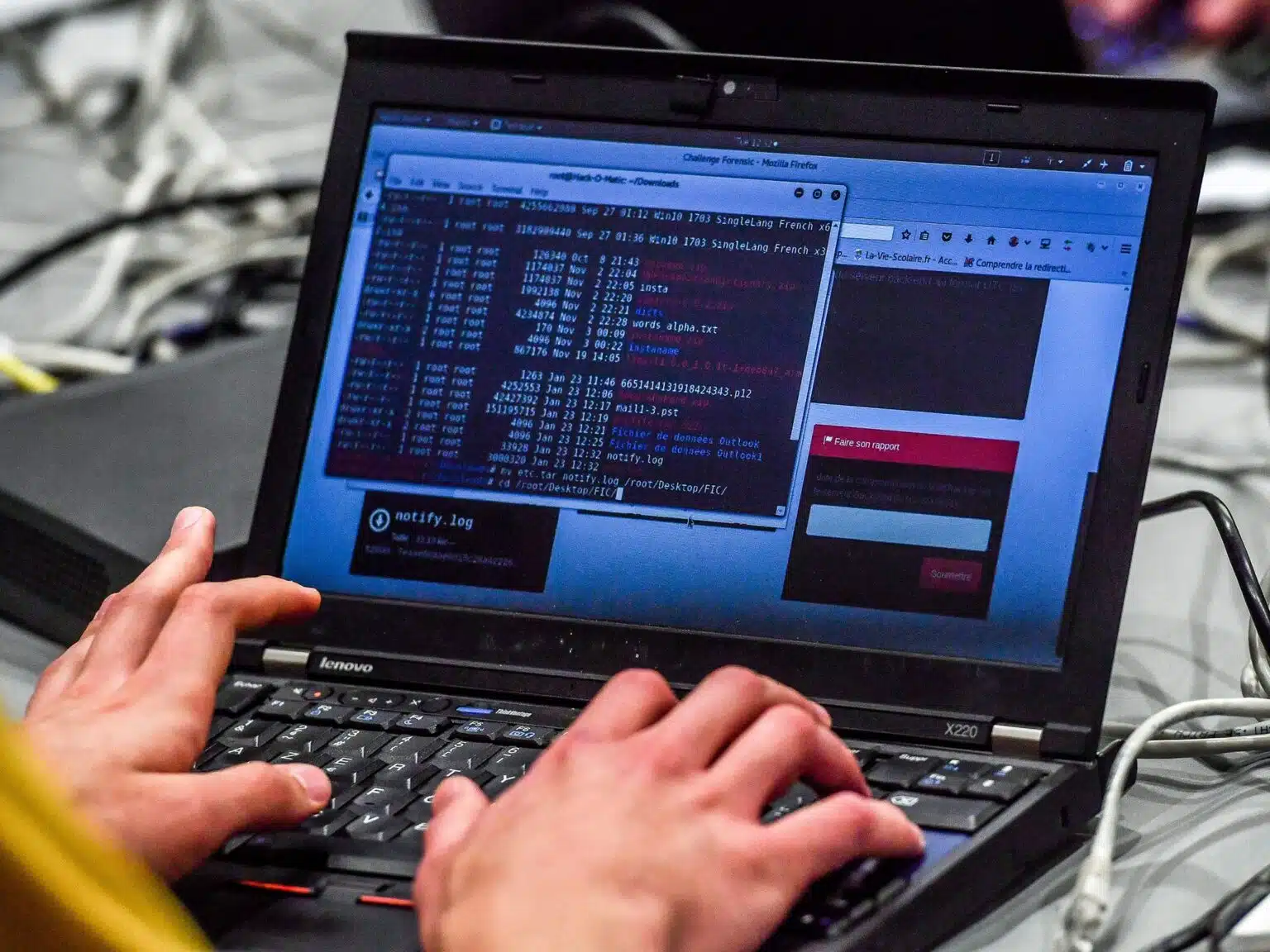The UK GCHQ revealed a report on how it is developing its cyber-power capabilities to counter terrorist disruptions and disinformation spread amidst the elections by running online propaganda. The intention of strengthening cyber power is to compete and contest with adversaries in cyberspace
On Tuesday, the hackers in the British government launched an operation against militants who campaigned to spread state-backed disinformation and interfered in the elections. The government further disrupted child sexual abuse material distributors and opponents of the military, as stated by the GCHQ (government communication headquarters) spy agency.

Jeremy Fleming, the director of the government communication headquarters, has elaborated on the increasing volatility of our interconnected world. The urge of the state to get a hold of the power of the cyber world and the necessity to know how to contest and compete with adversaries, as well as the necessity to have and protect a society that is free, open, and peaceful.
Is the U.K. becoming a responsible cyber power?
A 28-page paper design of a statement published with the report has given a detailed illustration of how the government of the U.K. is a responsible cyber power; however, they have yet to say much about the specificities of the operations carried out so far. This hacking unit has been operational since 2020 and comprises spies and defence officials recruited from Britain’s armed forces and government communication headquarters (GCHQ). The eavesdropping agency cell, NCF, has confirmed that it has carried out several cyber attacks in the last three years.
The U.K. is in a marathon of competing with other superpowers such as the U.S., Russia, China, and Iran with regard to hacking power, but this has not yet been widely acknowledged. These states have been alleged to involve themselves in the promotion of hacker groups to navigate stealing political and trade sector secrets online, further engaging in extortion attacks via ransomware threats by involving cybercriminals, who take control over the company’s system to demand substantial amounts of money to restore the system to default.

In the previous week, there was a revelation about a leak of files that Russian spy agencies had hired an I.T. company, NTC Vulkan. They have developed a tool of internet warfare to take down infrastructure networks and locate vulnerabilities on the internet.
The graph of cyberattacks remains sketchy; however, it mentions “undermining the tradecraft” of Russian, Chinese, and other state-sponsored hackers.
Hacks conducted reveal a series of attacks against Islamic States.
The GCHQ has put the information into the public domain and revealed the series of attacks completed by the team against the Islamic State; however, the data about the cell and its activities since its establishment is still not specified. The hacks so far have revealed the techniques used by the Islamic State to obtain drones and related missiles, how and where pilots were trained for the same, and how the coalition forces were enabled to destroy the capabilities and reduce the threat of military action in Iraq and Syria.

There is a proper watch by the government communication headquarters to counter any interference in spreading disinformation in the elections campaigns; the British government further stated that they opposed it by keeping a check on the threats of external interference in a democratic election. Other than that, there have been persistent attempts to remove images of child sexual abuse to make illegal content harder to find on online platforms.
The national cyber force has used many offensive cyber capabilities since its formation to protect the overseas deployment of the military and to disrupt terrorist groups.
No specifics of the hacking attacks were revealed.
The government has not specified which disinformation that was spread within British states by the hackers. However, it identifies the presence of States like Iran and Russia, which have routinely conducted cyber operations to disseminate various disinformation and online propaganda against them.

James Babbage, the 30-year-old intelligence officer and commander at the Government Communication Headquarters has further elaborated on the statement that GCHQ recognises that the information specificities of hacking attacks conducted are private to the state and cannot be revealed in the public domain. They acknowledge the nuances of being affected by the operation and recognise that the adversaries don’t realise the effects they are experiencing due to cyber power.
James Babbage is one of four British spies whose names have been made public. The other three are named GCHQ, M15, and M16.












